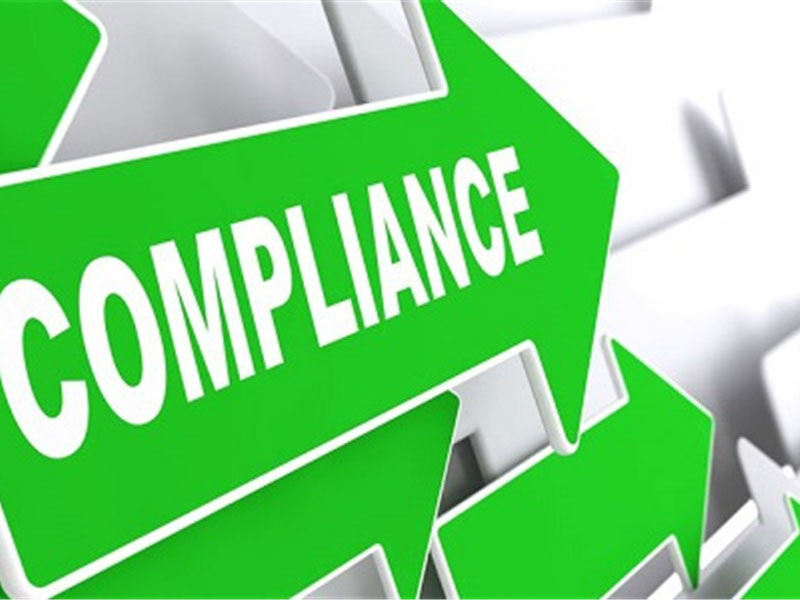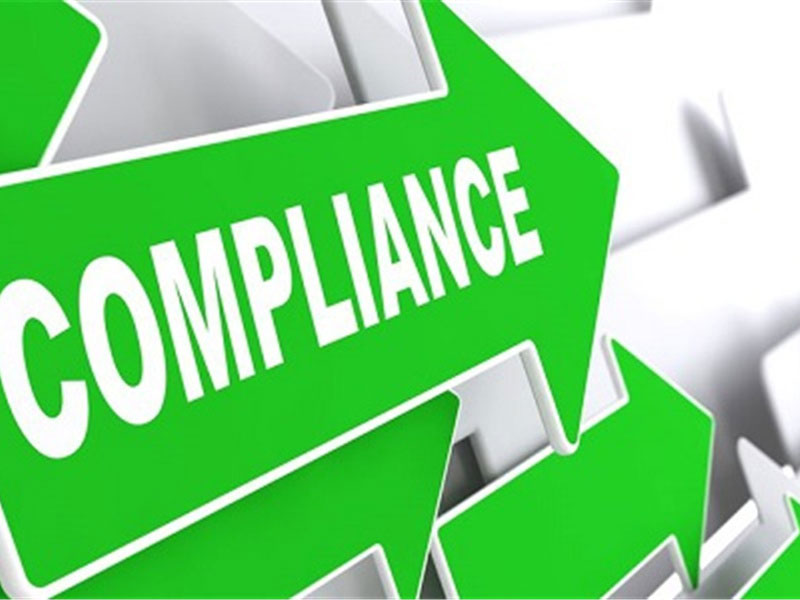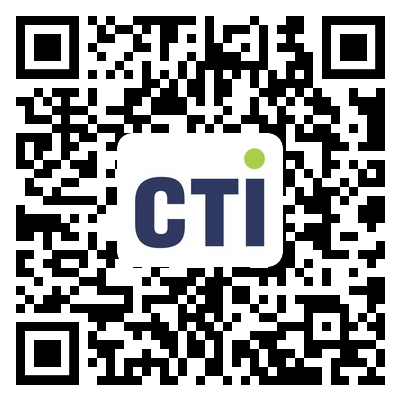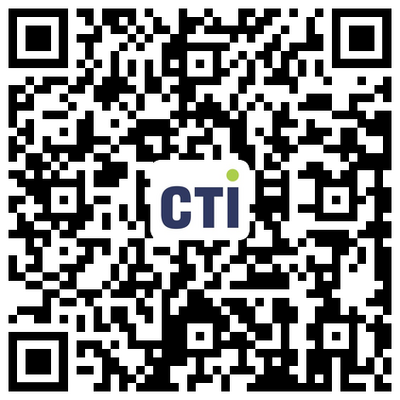-
 Overview
Overview
Centre Testing International Group Co., Ltd. (CTI) is a market leader in testing, inspection, certification, calibration, audit, training & technical services; building trust between governments, enterprises, and consumers.
-
 Sustainability
Sustainability
By building a full value chain ESG governance system covering the strategic decision-making level, management execution level and business operation level, it actively practices penetrating management of ESG risk and opportunities, empowering sustainable development across the industry chain.
-
 Our service
Our serviceCentre Testing International Co., Ltd. (CTI) is the pioneer and leader in the TIC Industry which provides one-stop solutions on testing, inspection, certification, calibration, audit, training & technical services.
-
By Industry
Our service capabilties cover the upstream and downstream of the supply chain including textile and apparel,toys,electronic appliances,medical health,food...andother industries.
-
 Environment
Environment
-
 Raw Material & Fuel Chemicals
Raw Material & Fuel Chemicals
-
 Textiles, Apparel, Footwear & Accessories
Textiles, Apparel, Footwear & Accessories
-
 Food & Agricultural Products
Food & Agricultural Products
-
 Cosmetics, Personal Care & Household Chemicals
Cosmetics, Personal Care & Household Chemicals
-
 Building Materials&Construction Engineering
Building Materials&Construction Engineering
-
 Electronic & Electrical Appliances
Electronic & Electrical Appliances
-
 Toys, Furniture & Home Decoration
Toys, Furniture & Home Decoration
-
 Industrial Equipment & Manufacturing
Industrial Equipment & Manufacturing
-
 Rail & Aviation
Rail & Aviation
-
 Automotive & Spare Parts
Automotive & Spare Parts
-
 Pharma and Medical Services
Pharma and Medical Services
-
 Maritime Vessel Compliance Testing
Maritime Vessel Compliance Testing
 By Industry
By IndustryOur service capabilties cover the upstream and downstream of the supply chain including textile and apparel,toys,electronic appliances,medical health,food...andother industries.
-
-
 Specialty
SpecialtyComprehensively guarantee quality and safety, promote compliance and innovation, demonstrate brand competitiveness, and achieve higher quality, healthier, safer, and greener sustainable development.
-
 Management
ManagementWe have established a clear governance structure in accordance with listing requirements and national regulations and policies to deal with internal and external challenges and achieve sustainable development.
-
 Information DisclosureWe are committed to establishing normal and effective two-way communication with shareholders and investors. We have established a complete information disclosure mechanism to convey information to shareholders in a timely manner.
Information DisclosureWe are committed to establishing normal and effective two-way communication with shareholders and investors. We have established a complete information disclosure mechanism to convey information to shareholders in a timely manner.
-
 Talents Policy
Talents PolicyEnsuring the basic rights and benefits of employees;
Providing professional skills training to promote employees’ growth;
Carrying out various kinds of activities to balance employees’ work and life.
-
 RecruitmentWelcome to join CTI family! We are providing a platform for you to show your talents and achieve your career aspiration.
RecruitmentWelcome to join CTI family! We are providing a platform for you to show your talents and achieve your career aspiration.

QUALITY & VALUE
The Pharmaceutical Supply Chain Initiative (PSCI) is composed of a coalition of pharmaceutical and healthcare companies, dedicated to achieving excellent safety, environmental, and social outcomes in the communities involved in procurement. The organization unites the strength of its members, shares knowledge and expertise, promotes global change with a unified voice, implements responsible value chain management across the industry, and helps improve the business environment. Currently, we are authorized to provide PSCI audit services worldwide.

? Service Background
About the Pharmaceutical Supply Chain Initiative (PSCI)
The Pharmaceutical Supply Chain Initiative (PSCI) was jointly initiated by leading global pharmaceutical and healthcare enterprises, with members covering key players across the entire industry chain, including drug research and development, production, and distribution. The organization has always adhered to the core goal of "achieving excellent safety, environmental, and social outcomes in the communities involved in procurement":
- In the field of safety, it focuses on quality control of pharmaceutical raw materials, compliance of production processes, and risk prevention in transportation to ensure medication safety at the end of the supply chain.
- At the environmental level, it promotes members and suppliers to adopt low-carbon production technologies, optimize resource recycling, and reduce the impact of the pharmaceutical industry on the ecological environment.
- In the social dimension, it pays attention to the protection of labor rights and interests in the supply chain and the coordination of community relations, helping to build a fair and inclusive industrial ecosystem.
? PSCI Principles

The PSCI Principles for Responsible Supply Chain Management (referred to as the Principles) cover five key areas: ethics, labor, health and safety, environment, and management systems. These principles aim to ensure that enterprises in the pharmaceutical supply chain achieve a win-win situation between social responsibility and business ethics in their operations, and clarify the industry's expectations for the supply chain. In each area, the Principles stipulate the relevant practical requirements that any enterprise in the pharmaceutical supply chain should adhere to when conducting operations. All members shall support and incorporate the Principles into their key supplier documents and agreements. By following these guidelines, enterprises can not only improve their compliance but also enhance their competitiveness in the international market.
? Costomer Groups
Currently, PSCI provides clear codes of conduct for pharmaceutical enterprises and their suppliers, including pharmaceutical enterprises involved in R&D, production, sales, and other links, as well as pharmaceutical and healthcare enterprises that directly sell medical products to consumers.
? PSCI Audit Services
With in-depth understanding and professional accumulation of the PSCI standard system, we have been officially authorized to provide standardized and comprehensive PSCI audit services worldwide.
Our audit team consists of senior experts proficient in international labor standards and environmental protection regulations. They strictly follow the requirements of PSCI's five core areas (ethics, labor and human rights, health and safety, environmental protection, and management systems) and carry out work through document review, on-site verification, and personnel interviews. This helps enterprises accurately identify supply chain risks and promote compliance management and sustainable development.
? Service Advantages
Currently, PSCI audits have the following advantages:
- Alignment with Sustainable Development Needs: Audits focus on safety, environmental, and social outcomes, helping enterprises balance economic development with resource and environmental protection to achieve unified comprehensive benefits.
- Adaptation to Foreign Enterprise Management Requirements: Provide compliance verification based on international standards, meet the transparent operation needs of foreign enterprises, and promote the popularization of advanced EHS concepts in the industry chain.
- Facilitation of Global Market Access: Cover multi-dimensional audit content concerned by international high-end markets, helping enterprises align with standards and pave the way for entering overseas markets.
- Enhancement of EHS Management Capabilities: Accurately identify shortcomings, promote enterprises to improve systems and processes, meet the requirements of multinational pharmaceutical companies, and enhance the competitiveness of the industry chain.
? Service Process
The PSCI audit procedure evaluates suppliers' performance in ethics, labor, health and safety, environmental protection, and management systems in accordance with PSCI principles, international standards, and local regulations. It applies to all suppliers in the global pharmaceutical and healthcare supply chain, providing an opportunity for suppliers to demonstrate compliance with industry sustainable development standards.
The audit process includes three stages:
- Pre-audit Stage: Develop a candidate audit list, arrange audit preparation and schedules, and customize PSCI pre-audit checklists for suppliers.
- On-site Audit Stage: Conduct on-site inspections, interview management and workers, and check relevant documents.
- Post-audit Stage: Generate audit report packages, formulate corrective action plans, and follow up on documentary evidence and on-site improvements.
? Frequently Asked Questions
-
Q: How does PSCI classify suppliers? What are the differences between audits for different categories?
A: PSCI classifies suppliers into three categories (A, B, C) based on their activities:- Category A: Service providers and non-supply chain commodity suppliers (e.g., facility engineering services, IT services, marketing materials, etc.). They use simplified Self-Assessment Questionnaires (SAQ) and audit report templates (due to relatively simple requirements for operations, health, safety, environment, etc.).
- Category B: Component and material suppliers (e.g., raw materials, packaging materials, wastewater treatment, etc.).
- Category C: Core suppliers and contract manufacturers (e.g., chemicals, active pharmaceutical ingredients, finished formulations, etc.).
- Categories B and C: Due to complex operational and multi-field requirements, they need to use complete SAQs and audit report templates.
-
Q: What types of audit methods does PSCI usually include?
A: Currently, PSCI audit methods include the following:- Fully remote audit: Complete all audit processes, including verification of SAQ responses, through remote methods such as live video, telephone/video calls.
- Partially remote audit: Some links are conducted remotely, and some are conducted on-site.
- On-site audit: Audit and verify SAQ responses through on-site visits.
-
Q: What is the significance of PSCI audits for enterprises?
A: Currently, PSCI audits are of great significance to enterprises:- Structured sharing of audit information reduces repeated audits of suppliers, improving the efficiency of both suppliers and PSCI member companies.
- Provide a consistent method for supplier performance evaluation based on PSCI principles, international standards, and local laws.
- Audit reports (including corrective action plans) help suppliers understand their performance and improvement potential, and also provide a basis for PSCI member companies to evaluate cooperative relationships and decide on follow-up actions.
- Collect and evaluate data to help improve the PSCI supplier capacity-building plan.





























 粵公網(wǎng)安備 44030602000441號
粵公網(wǎng)安備 44030602000441號